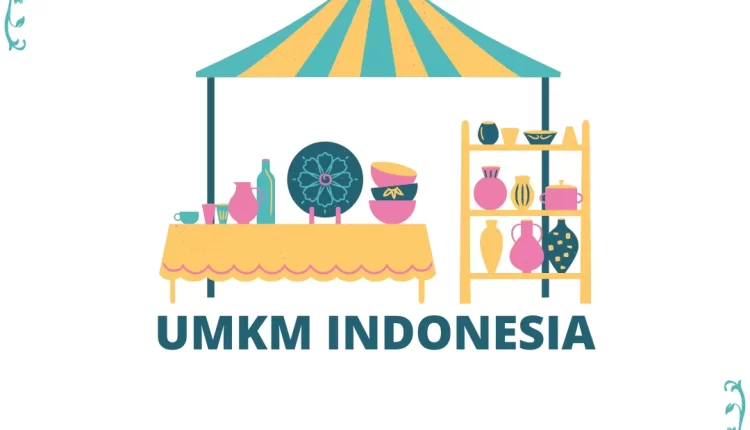Debt Relief Policy Accelerates MSME Revival in President Prabowo Era
By: Nadifa Lina )*
The government, through the debt cancellation policy for micro, small, and medium enterprises (MSMEs), farmers, and fishermen, shows its commitment to supporting the revival of the real sector amidst increasingly tough global economic challenges. This policy is considered to be a way for MSMEs and community groups in the agricultural and fisheries sectors to restart their business activities without the burden of inhibiting debt, thus providing a major boost to national economic recovery.
Deputy Speaker of the Indonesian House of Representatives, Cucun Ahmad Syamsurijal, welcomed the policy taken by President Prabowo Subianto and considered it an important step in reviving MSMEs which have been the pillars of the Indonesian economy. With MSMEs free from the burden of debt, this sector has the opportunity to be reborn or grow again, which of course will have a direct impact on the rotation of the local and national economy. Cucun emphasized that MSMEs play a major role as absorbers of labor and major contributors to GDP, contributing around 99% of the total business units in Indonesia. At a time when there is a storm of layoffs (PHK) due to challenging global economic conditions, the revival of MSMEs is believed to be a very relevant solution.
In order for this debt cancellation policy to have a long-term impact and be able to strengthen the competitiveness of business actors, the government needs to involve strategic steps in the form of ongoing assistance. Cucun emphasized that debt cancellation alone is not enough to maintain the sustainability of MSMEs, farmers, and fishermen. Through financial training, business actors can understand healthy financial management, so that they do not get caught in debt again in the future. Assistance must also include digital technology and marketing training, which can help them optimize sales and expand their markets. This approach will make MSMEs more resilient in facing competition, while adapting to technological developments that are now a demand in the business world.
In this context, the Acting Governor of West Java, Bey Triadi Machmudin, also welcomed the debt cancellation policy. Bey assessed that although this news is very positive for fishermen, farmers, and MSMEs, the local government needs further clarity regarding the implementation scheme and criteria that must be met so that this program can run effectively and on target. Deputy Minister of Cooperatives, Ferry Juliantono, emphasized that debt cancellation will only be given to those who meet special requirements. With these criteria, the government ensures that the program is not misused and is truly appropriate for those who really need it.
The debt cancellation policy was also welcomed by the Minister of Agriculture, Amran Sulaiman, who expressed his gratitude to President Prabowo for his support for farmers and fishermen who are the backbone of national food security. According to Amran, this policy will provide new space for farmers and fishermen to access capital through more structured channels, namely banking or cooperatives, so that they can escape the trap of loans from informal parties with high interest rates.
In addition, President Prabowo’s move to increase the provision of fertilizer for farmers by 100% is an additional boost to farmer welfare. With the increase in fertilizer provision, farmers are not only helped in terms of capital, but also in access to more affordable agricultural inputs. This is expected to increase the productivity and efficiency of their agricultural businesses, which ultimately supports food security and farmer welfare in Indonesia.
This debt relief is also expected to create synergy between the government, banks, and cooperatives. The supervision scheme through cooperatives allows for supervision between members, which can help prevent bad debt problems in the future. This approach also creates a culture of mutual cooperation in small economic communities, which will make this policy more sustainable. The government can expand the impact of this policy by encouraging the participation of cooperatives to become training centers, information access, and business networks for small business actors.
The success of this debt cancellation policy will be reflected in the creation of a small business ecosystem that is more productive, independent, and able to drive the economy evenly in various regions. This will create a positive domino effect, where increasing people’s income will increase purchasing power and strengthen the economy as a whole. In the context of equitable development, this policy is very relevant as a form of positive intervention from the government that will support inclusive economic growth.
The policy of debt cancellation for MSMEs, farmers, and fishermen reflects the government’s commitment to building an inclusive and sustainable economy. Amidst global economic uncertainty, this step brings new hope for small communities to rise again and make real contributions to the country. With strict supervision and ongoing assistance, this policy is not only a short-term solution but also a foundation for a more solid and equitable economic revival in the future.
)* The author is a People’s Economy Observer
